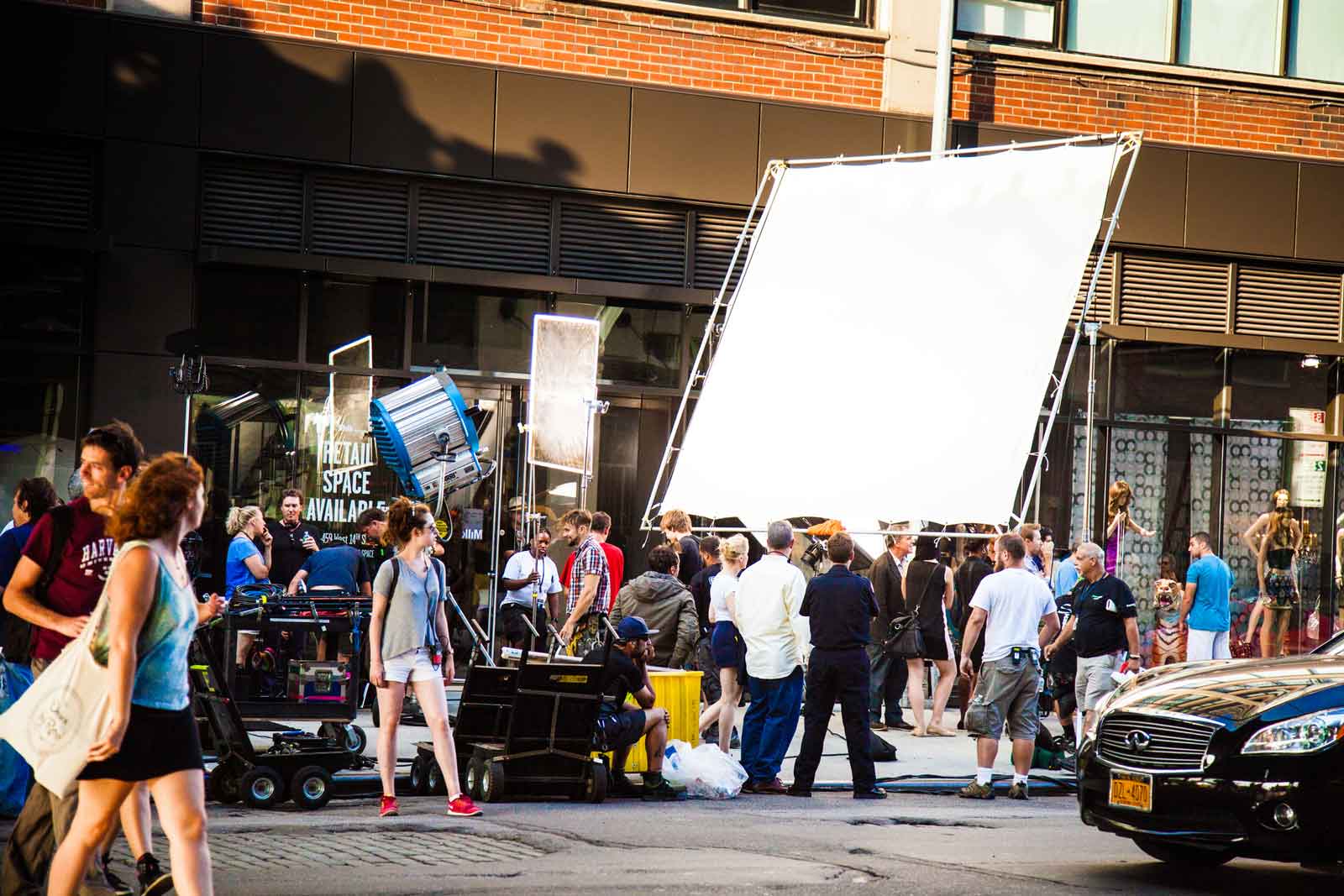Mastering the Art of Music Royalty Collection: Tips and Strategies
Music is not only an art form but also a business. Every time a song is played on the radio, streamed online, or used in a movie or TV show, the artist and other rights holders are entitled to royalties. However, collecting those royalties can be a complex and challenging process. In this blog post, we will explore the world of music royalty collection and provide you with tips and strategies to help you succeed.
What Is Music Royalty Collection?
Music royalty collection is the process of collecting and distributing royalties owed to the owners of copyrighted music. Royalties can be earned from various sources, including:
- Mechanical royalties: paid to the songwriter and publisher when a song is reproduced or sold (e.g., CD, vinyl, digital download).
- Performance royalties: paid to the songwriter, publisher, and performer when a song is played on the radio, streamed online, or used in a public performance (e.g., concert, TV show, movie).
- Synchronization royalties: paid to the songwriter and publisher when a song is used in a movie, TV show, commercial, or video game.
- Print royalties: paid to the songwriter and publisher when sheet music is sold.
The process of collecting royalties involves tracking and reporting the usage of copyrighted music, calculating the royalties owed, and distributing the money to the rights holders.
Who Is Involved in Music Royalty Collection?
There are several organizations involved in music royalty collection, including:
- Performing Rights Organizations (PROs): These organizations collect and distribute performance royalties on behalf of songwriters, publishers, and performers. The three main PROs in the United States are ASCAP, BMI, and SESAC.
- Mechanical Rights Organizations (MROs): These organizations collect and distribute mechanical royalties on behalf of songwriters and publishers. The two main MROs in the United States are the Harry Fox Agency and Music Reports.
- SoundExchange: This organization collects and distributes digital performance royalties on behalf of recording artists and record labels.
- Music publishers: These companies administer the copyrights of songwriters and collect royalties on their behalf.
- Record labels: These companies own the copyrights of sound recordings and collect royalties on behalf of recording artists.
Tips and Strategies for Music Royalty Collection
Now that you understand the basics of music royalty collection, here are some tips and strategies to help you navigate this complex world:
1. Register Your Works with PROs and MROs
To ensure that you receive all the royalties you are owed, it is important to register your works with PROs and MROs. This will allow these organizations to track and collect royalties on your behalf.
2. Keep Track of Your Usage Data
To ensure that you receive accurate royalties, it is important to keep track of your usage data. This includes information about where and when your music is being used, as well as the duration and frequency of use.
3. Stay Up-to-Date on Copyright Laws and Regulations
Copyright laws and regulations are constantly changing, so it is important to stay up-to-date on these changes. This will help you ensure that you are collecting all the royalties you are entitled to and avoiding any legal issues.
4. Work with Professionals
Music royalty collection can be a complex and time-consuming process. Working with professionals, such as music publishers, record labels, and royalty collection agencies, can help ensure that you are collecting all the royalties you are owed.
Career and Education in Music Royalty Collection
If you are interested in pursuing a career in music royalty collection, there are several educational programs and courses available that can help you develop the skills and knowledge you need to succeed. For example, the NYU x Billboard | Music Industry Essentials online course and certificate program can provide you with a comprehensive understanding of the music industry, including music royalty collection.
Key Takeaways
- Music royalty collection is the process of collecting and distributing royalties owed to the owners of copyrighted music.
- Royalties can be earned from various sources, including mechanical royalties, performance royalties, synchronization royalties, and print royalties.
- There are several organizations involved in music royalty collection, including PROs, MROs, SoundExchange, music publishers, and record labels.
- To succeed in music royalty collection, it is important to register your works with PROs and MROs, keep track of your usage data, stay up-to-date on copyright laws and regulations, and work with professionals.
- The NYU x Billboard | Music Industry Essentials online course and certificate program can provide you with the skills and knowledge you need to succeed in music royalty collection.








